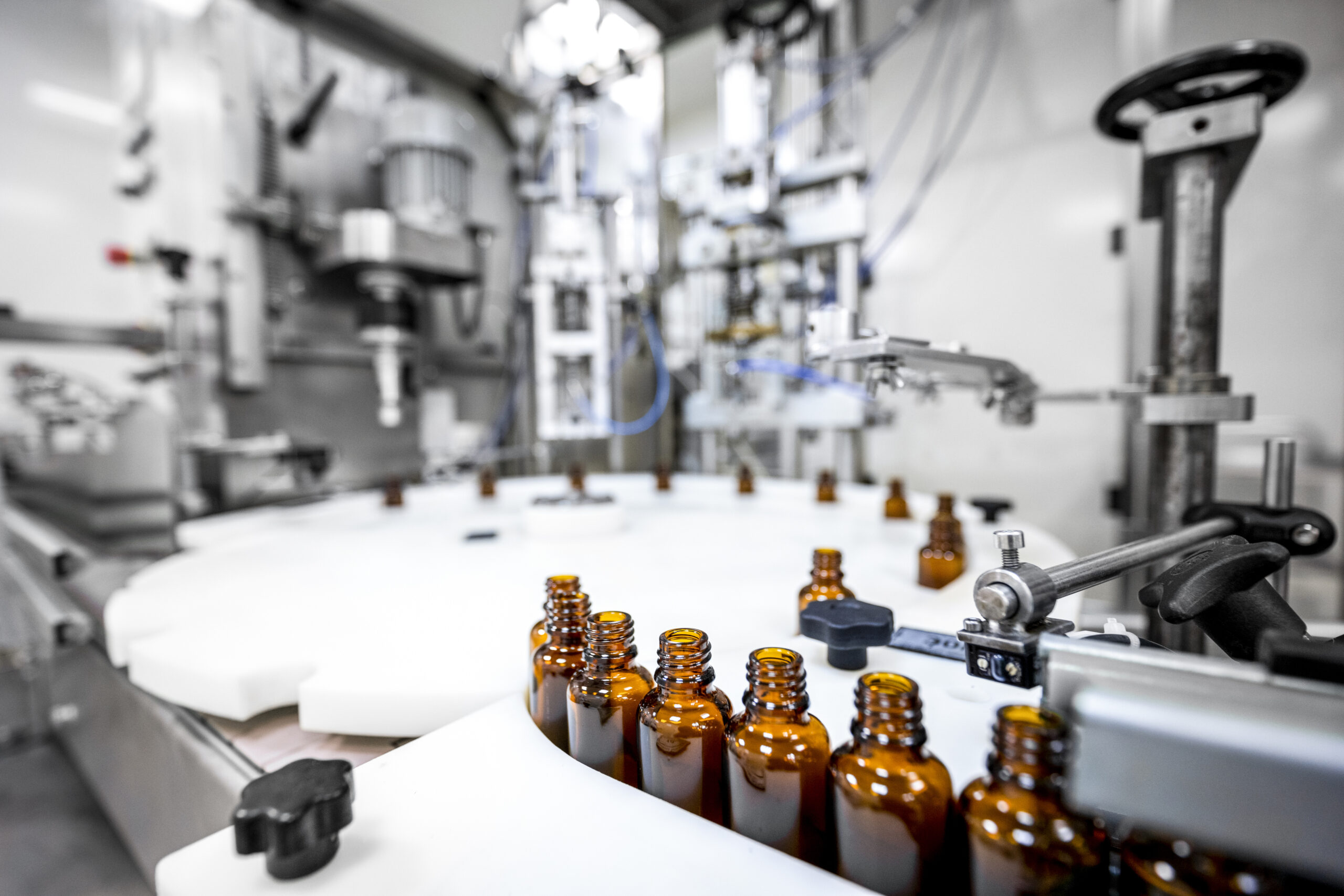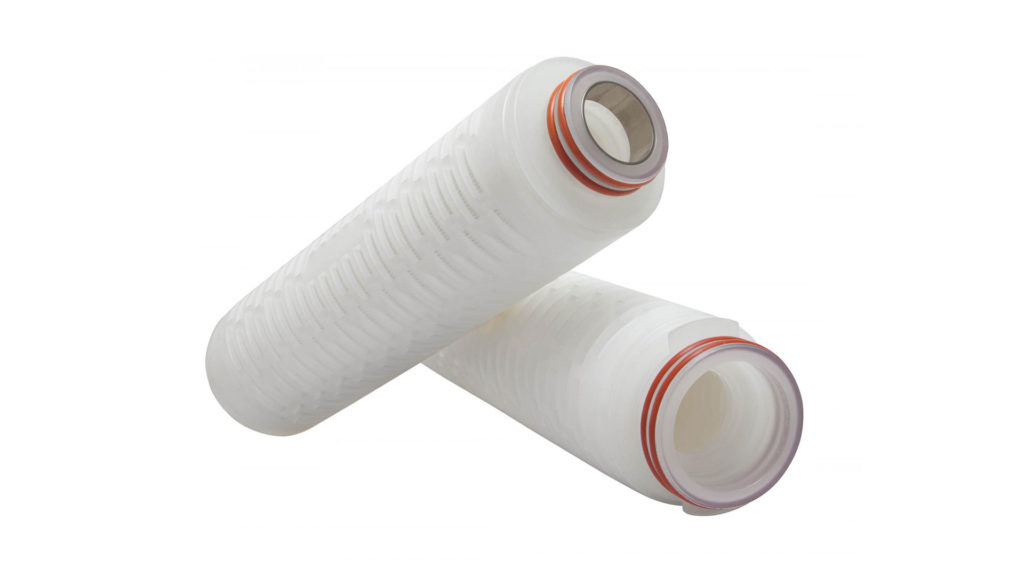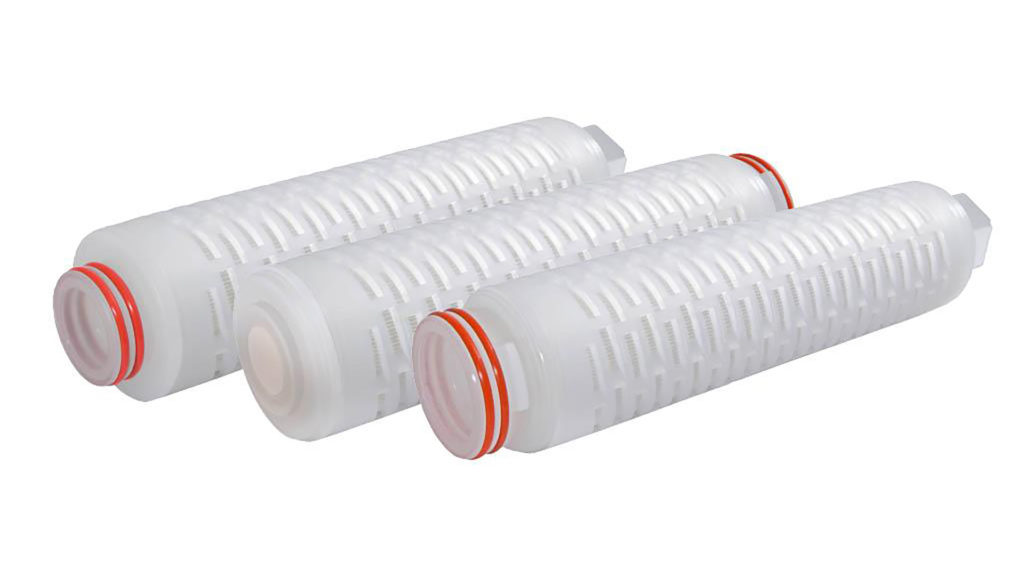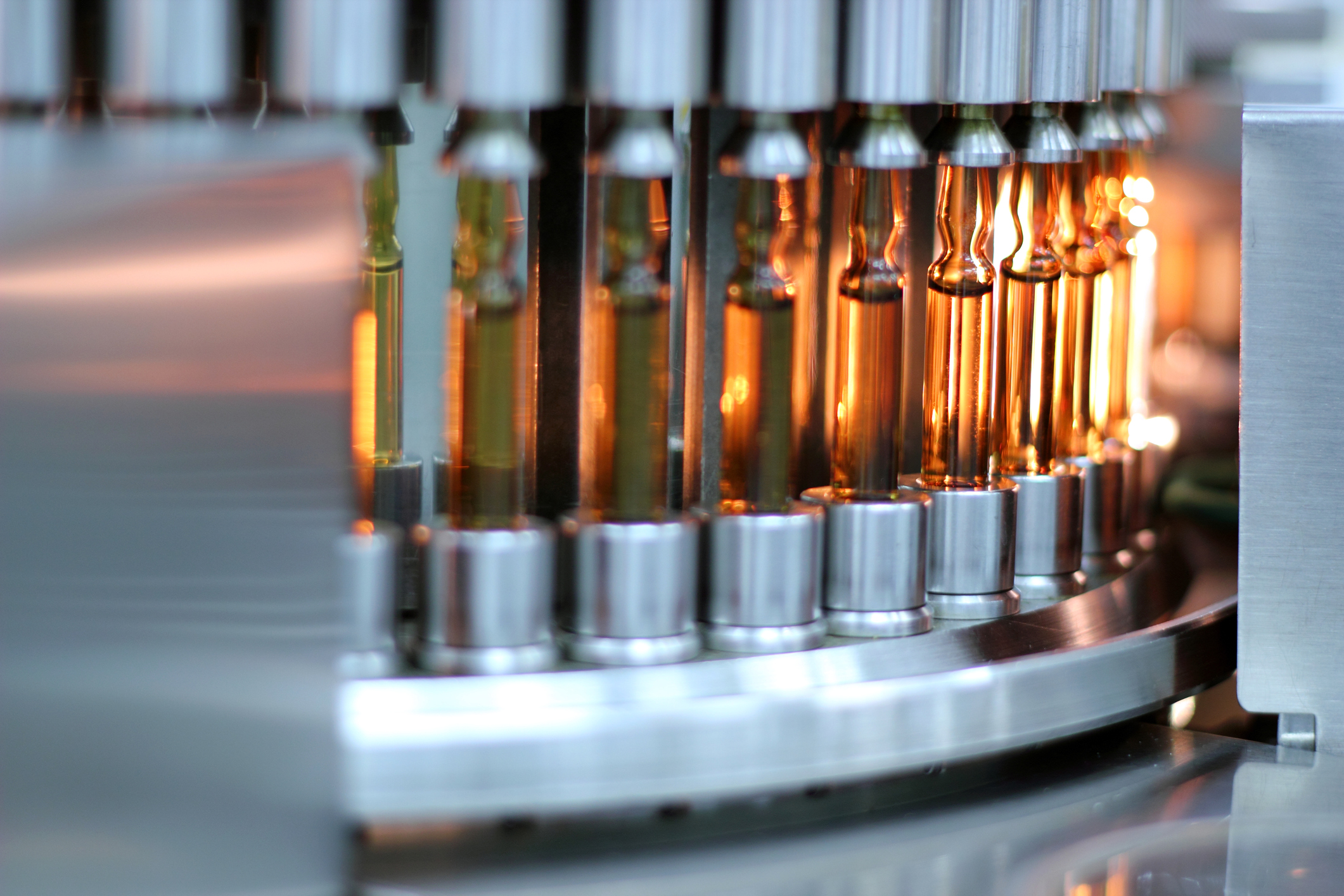
Sterile Pharmaceutical Filtration
In the world of pharmaceutical production, safety, and meeting quality standards are critical to products. Sterile Filtration plays a key role in ensuring pharmaceutical products are microorganism-free and meet the quality standard in the industry.
Understanding Sterile Filtration in Pharmaceutical Manufacturing
Sterile filtration plays a pivotal role in the pharmaceutical manufacturing industry, ensuring the production of high-quality, contaminant-free pharmaceutical ingredients. The primary objective of sterile filtration is to maintain the integrity of the final product by removing sub-micronic contaminants and microorganisms that could compromise product safety. Let’s delve into the key aspects of sterile filtration, including types of sterile filters, their importance, and recommendations for effective implementation.
Types of Sterile Filters
Polyethersulfone Sterile Filters – High-purity polyethersulfone membrane filters are a well-suited choice for cost-effective sterile liquid filtration. The highly retentive media offers excellent flux density and low protein binding. These features coupled with an extended filtration area allow the media to provide lower pressure loss and longer service life versus comparable products. Polyethersulfone membrane filter filters can be fully validated per ASTM F838-05 and HIMA guidelines.
Nylon Sterile Filters – Nylon 6,6 membrane filters with advanced positively-charged surface modification are highly efficient in capturing submicronic particulate matter and microorganisms much finer than the stated mechanical rating. Specific to its use in liquid pharmaceutical applications, pyrogenic endotoxins are effectively removed as is well-documented in field use, industry journals, and laboratory data. Superior microbial retention is achieved to deliver a stable and consistent effluent. Nylon membrane filters offer a more cost-effective alternative to hollow-fiber cartridges in many high-purity applications.
PTFE Sterile Filters – Polytetrafluoroethylene (PTFE) membrane filters, provide optimized filtration performance in sterile air/gas filtration and venting applications. The single-layer PTFE membrane, with over twice the hydrophobicity of polypropylene or PVDF, is the best choice to prevent water intrusion and resulting microbial growth. PTFE membrane filters can be fully validated per ASTM F838-05 and HIMA guidelines.
Importance of Sterile Filters in Pharmaceutical Manufacturing
Sterile filtration serves as a critical step to eliminate microbial contaminants and sub-micronic particulate matter from pharmaceutical products.
Product Quality Assurance: Maintaining sterility ensures pharmaceutical products meet the stringent quality standards set by regulatory bodies and the company producing them. Sterile filtration acts as a key barrier against microbial contamination, safeguarding the integrity and efficacy of the final drug formulation.
Patient Safety: Sterile filtration is directly linked to patient safety. Contaminated pharmaceuticals can pose severe health risks to patients, making it imperative to implement robust sterile filtration processes to mitigate these potential hazards.
Regulatory Compliance: Pharmaceutical manufacturers must adhere to strict regulatory guidelines to ensure the safety and efficacy of their products. Sterile filtration is a critical element in meeting these regulatory requirements and obtaining necessary approvals from health authorities.
Sterile Filtration Reccomendations
To achieve effective sterile filtration consider the following recommendations:
Validate Filtration Process: Ensure sterile filters are validated before use and regularly validate the sterile filtration process to ensure consistent performance. This includes verifying the integrity of the filters, validating filtration parameters, and conducting microbial challenge tests.
Monitor Process Conditions: Maintain control and monitor process conditions to minimize the risk of introducing contaminants during the filtration process. This includes flow rats, pressure, and any factors that point to process irregularities.
Train Personnel: Properly train personnel involved in sterile filtration processes and filter to change outs to ensure adherence to protocols and best practices. Human factors play a crucial role in maintaining sterile process conditions.
Choosing the Right Sterile Filter for Pharmaceutical Manufacturing
When selecting the appropriate sterile filter it is key to consider compatibility, pore size, and flow rate. When considering compatibility, it is key to ensure the media is compatible with the pharmaceutical products and does not cause unwanted interactions. For example, PTFE media can be sub-optimal to use with liquid products. When selecting pore size base it on the size of the particles and microorganisms that need to be removed. Tailor the filter specifications to the specific requirements of the pharmaceutical formulation. Lastly, consider the flow rate and filtration efficiency to maintain the optimal production rates without compromising filtration efficacy. For questions or more information contact our sales team here
Recommended Pharmaceutical Sterile Filters
Global Filter suggests a few sterile filtration options depending on the compatibility:

BRHNY+ Membranes: BRHNY-Series Bio-Burden Reduction Grade Nylon Plus+ filter cartridges feature a Nylon 6,6 membrane with an advanced positively-charged surface modification that is highly efficient in capturing submicronic particulate matter much finer than the stated mechanical rating.

PPES Membranes: PPES-Series High Purity Pharmaceutical Grade Polyethersulfone Filter Cartridges are ideal for sterile filtration and pharmaceutical and biological solutions clarification. PPES cartridges are fully validated as sterilizing grade filters per HIMA and ASTM F838-05 guidelines.
PPTFE Membranes: PPTFE-Series High Purity Pharmaceutical Grade PTFE Filter Cartridges, with expanded polytetrafluoroethylene (PTFE) membrane, provide optimized filtration performance in sterile air/gas filtration and venting applications. PPTFE elements are fully validated as sterilizing grade filters in liquids per HIMA and ASTM F838-05 guidelines and in gases through full retention of the MS2 phage in an aerosol challenge.


